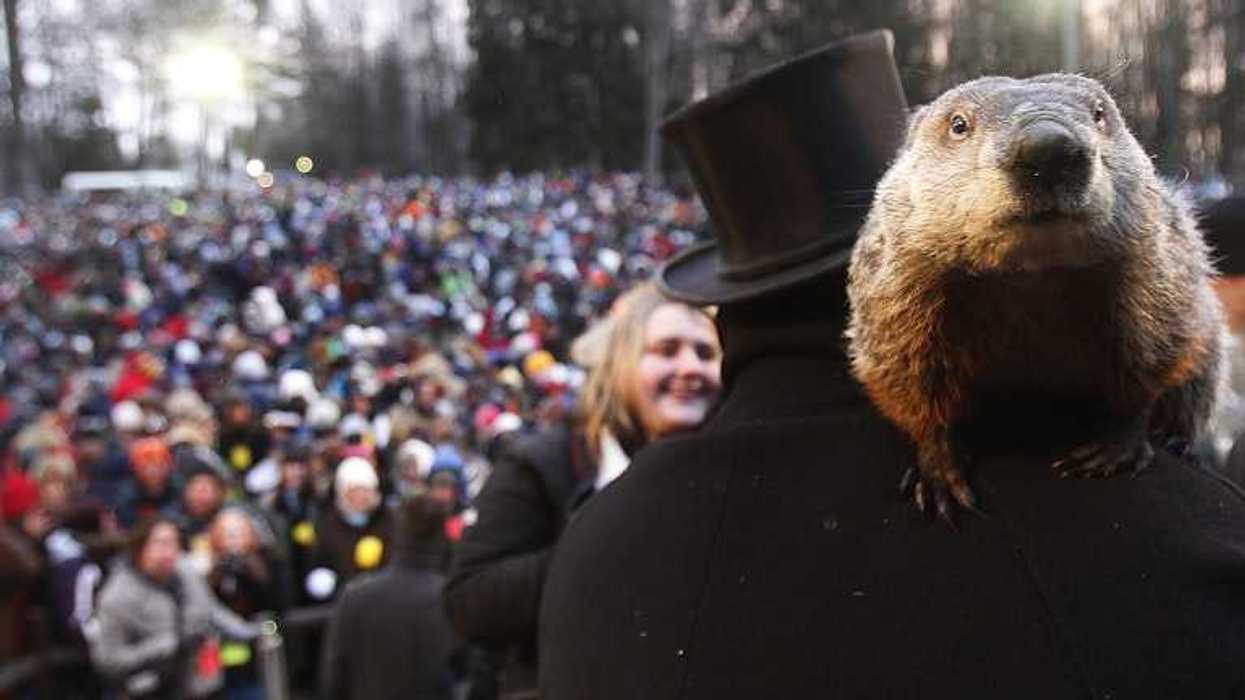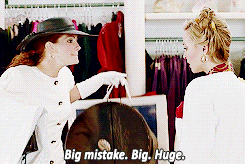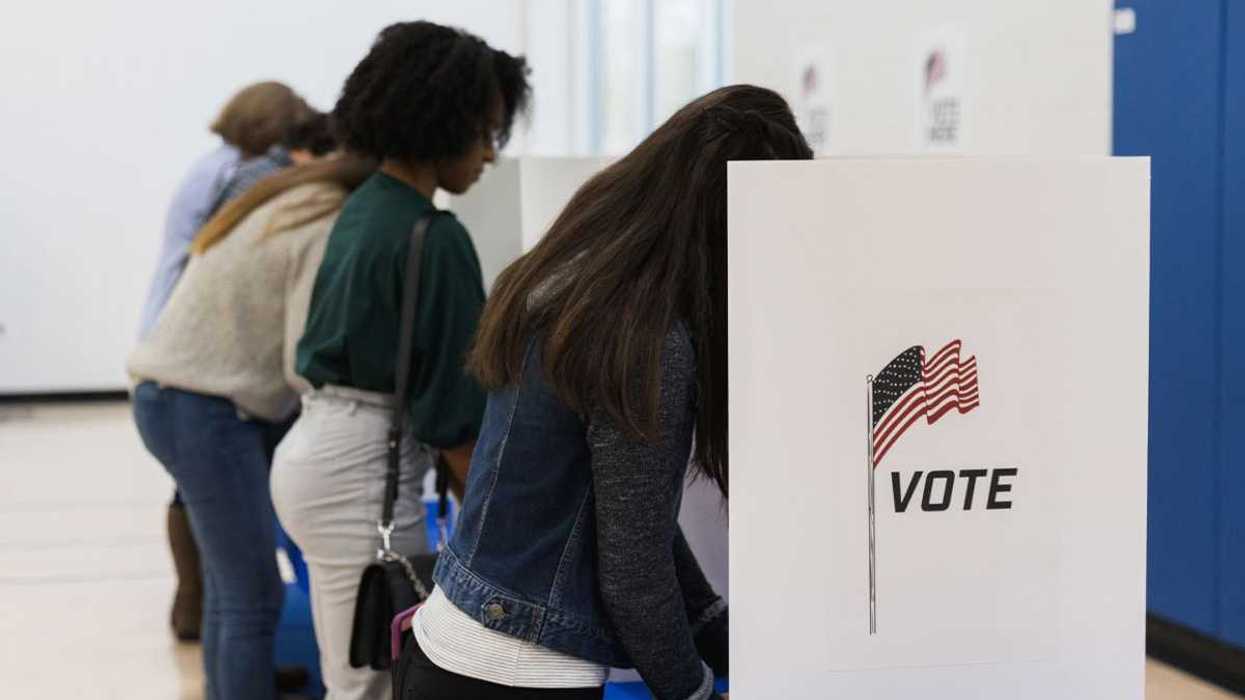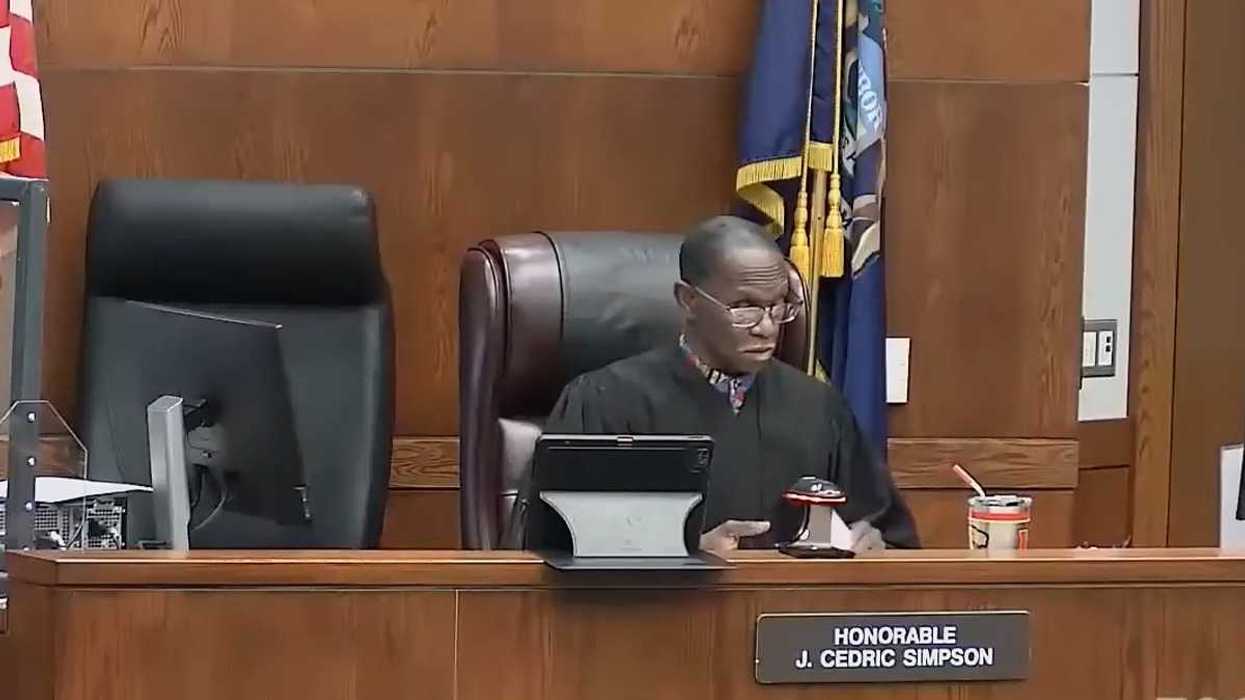Recent studies have shown that certain areas, known as "harbinger zip codes," reliably back products and political candidates that will ultimately fail. This phenomenon has made waves on the internet after being the subject of a viral Reddit post on August 4th. However, the question remains: what is a harbinger zip code, and do you live in one?
I decided to use my university's scientific journal access for the first time ever in order to download the aforementioned study, even though it has big words. Here are some of the most interesting quotes:
- Customers who purchase new oral care products that flop also tend to purchase new haircare products that flop.
- Customers who liked Diet Crystal Pepsi also tended to like Colgate Kitchen Entrees.
- "Preference minorities" are more likely to purchase from the internet and are less price-sensitive when doing so.
Like me, you may be reading that third bullet point and thinking, "Oh no! I'm a preference minority! Do I have to go buy Colgate Kitchen Entrees?" Before you do, it should be noted that there's a chance your preferences differ from the majority, yet you are not a harbinger customer. "Lead users are customers whose preferences are more likely to identify 'breakthrough' ideas." The opposite of harbingers, lead users' enjoyment of a product is a signal that the product may succeed.
So, if you're a preference minority, how can you tell if you're a lead user or a harbinger? For one, the study includes a section entitled "Which Zip Codes Are Harbinger Zip Codes?" This section comes with the knowledge that homes in harbinger zip codes:
- Are likely more suburban.
- Tend to have lower household incomes.
- Tend to have older heads of households.
- Are less likely to have graduated with bachelor's degrees.
- Tend to have proportionately larger white populations.
- Use more coupons.
At this point, you may be wondering, "Sure, that helps to identify a specific household as a harbinger home, but how do these families cluster together into communities of statistically reliable loser-pickers?" This is addressed in the study, where the researchers analyzed a sample of homes that had changed zip codes, discovering that "households that moved from a harbinger zip code tended to move to another harbinger zip code. Similarly, households that started in a nonharbinger zip code generally moved to another nonharbinger zip code. This suggests that harbinger zip codes arise at least in part from customers choosing to cluster with other households that have similar tendencies." The researchers tested another hypothesis, that "customers learn their tendencies when they move into a harbinger zip code," and found no evidence for this.
Another interesting part of this study was its finding that harbinger households also tend to make donations to political campaigns that will fail — further proving that these households are consistently out of sync with the preferences of their neighbors, in more avenues than retail.
To me, however, the most fascinating part of this research is the mere fact that it caused such viral intrigue — after all, the study referenced on the 70k+ upvoted post is a dry marketing research paper, and (in my experience) almost certainly nobody on Reddit read it. Not only this, but the research is nothing new — it's merely a replication of the original study from 2015. While this bolsters the credibility of the conclusion, I'm skeptical to accept this as the reason for which tens of thousands of Redditors took to it.
I wonder if we, as content consumers, are more focused nowadays on the things that divide rather than unite us — did you read this article because you're interested in market economics, or because you're anxiously waiting for me to tell you that you're living in a town of winners? Whatever it means to you, I think we could all benefit from visiting a neighbor and sharing a nice meal of metaphorical Colgate-brand Lasagna.
















 A woman sits in a new car at a dealershipCanva
A woman sits in a new car at a dealershipCanva GIf from 'Pretty Woman' of Roberts saying "BIg mistake. Big. Huge." via
GIf from 'Pretty Woman' of Roberts saying "BIg mistake. Big. Huge." via 
 People voting. Photo credit:
People voting. Photo credit:  Young women rally. Photo credit:
Young women rally. Photo credit:  Tressie McMillan Cottom.Tressie McMillan Cottom/
Tressie McMillan Cottom.Tressie McMillan Cottom/ 
 Honorable J. Cedric Simpson at work in the courtroom.Image from
Honorable J. Cedric Simpson at work in the courtroom.Image from  A close up of Judge Simpson.Image from
A close up of Judge Simpson.Image from 
 Siblings engaging in a pillow fightCanva
Siblings engaging in a pillow fightCanva

 Revenge can feel easier than forgiveness, which often brings sadness or anxiety.
Revenge can feel easier than forgiveness, which often brings sadness or anxiety. 
 Created with
Created with  Where to turn off autoplay in your account on Facebook’s website.Screen capture by The Conversation,
Where to turn off autoplay in your account on Facebook’s website.Screen capture by The Conversation,